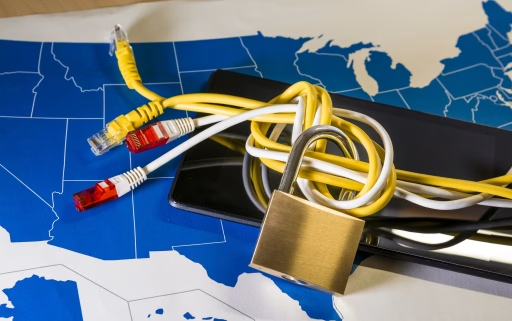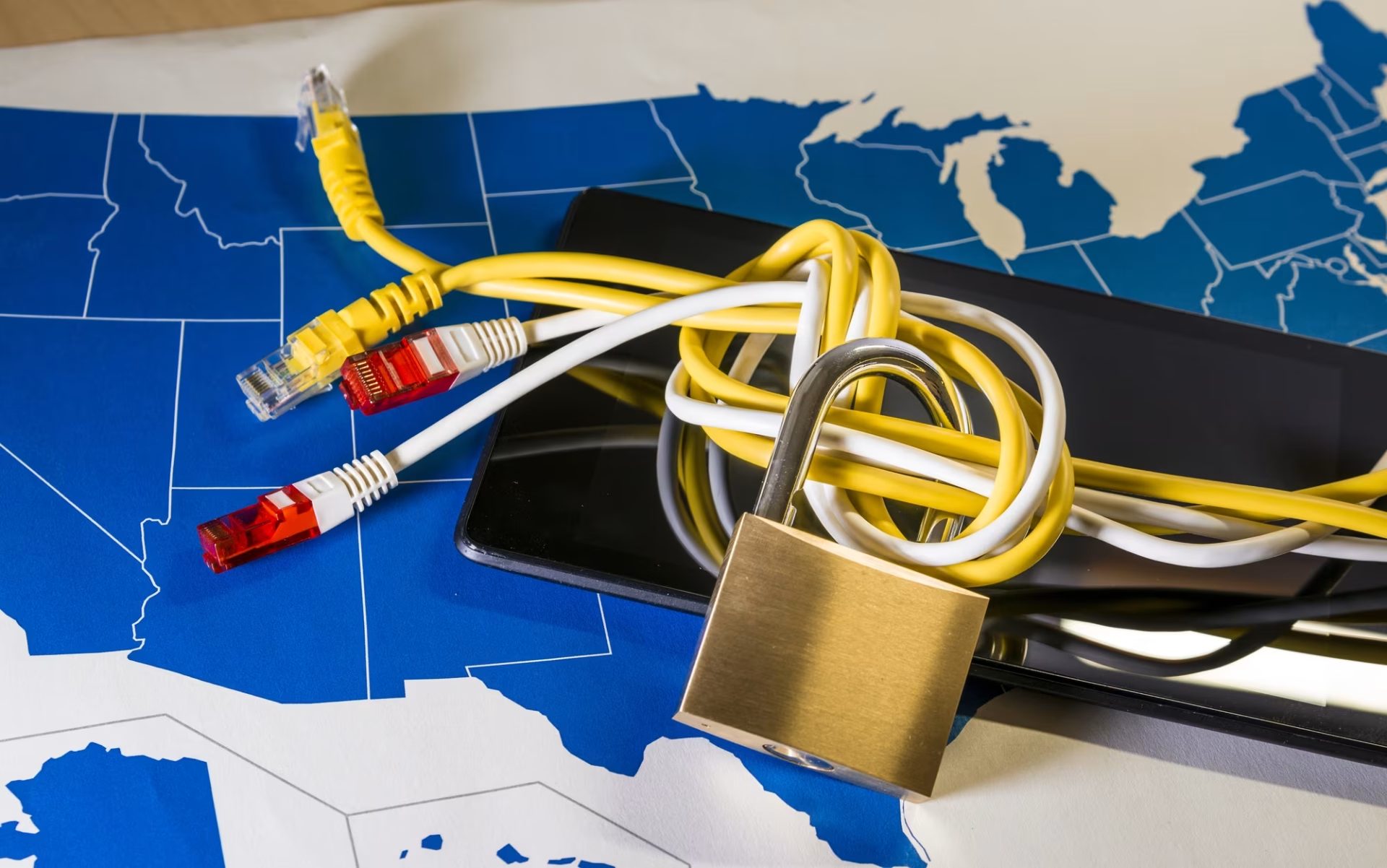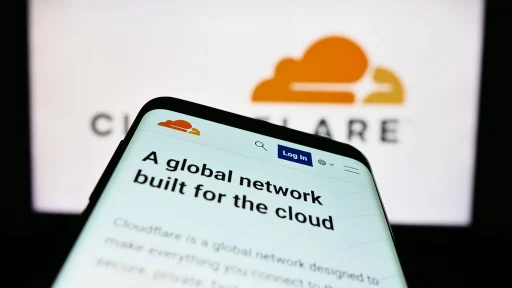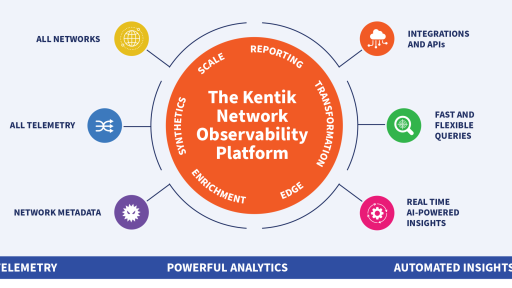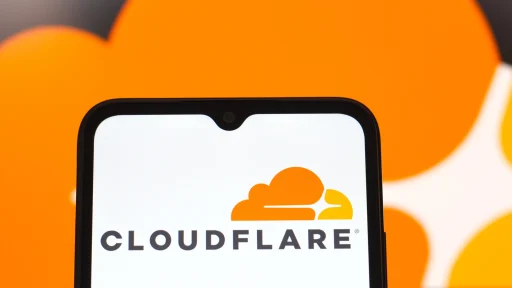Imagine an internet where your favorite streaming service is suddenly slower than its competitors, where accessing certain websites requires an additional fee, or where small startups struggle to reach their audience because they can’t afford to pay for “fast lanes.” This dystopian vision could become our reality following the recent Sixth Circuit Court ruling that struck down the FCC’s net neutrality rules. As an internet engineer, a member of the North American Network Operators Group (NANOG) and a long-time advocate for an open web, I find this decision deeply troubling—not just for its technical implications but for what it means for everyday users and the future of innovation.
What is Net Neutrality, and Why Does It Matter?
Net neutrality, at its core, is the principle that Internet Service Providers (ISPs) treat all data packets equally, regardless of their origin, destination, or content. Think of it as the internet’s equivalent of the Hippocratic Oath: “Do no harm.” It ensures that ISPs, who control the infrastructure through which data travels, don’t discriminate against certain types of traffic or favor specific websites or services. This means they cannot:
- Throttle speeds for specific websites or apps,
- Block access to content they don’t like, or
- Prioritize certain services over others for financial gain.
The principle of net neutrality has been the backbone of the internet since its inception. Without it, ISPs can act as gatekeepers, deciding which content gets delivered smoothly and which doesn’t. This freedom to control traffic poses significant risks to consumers, businesses, and the democratic nature of the internet .
The Sixth Circuit Decision: What Changed?
On January 2, 2025, the Sixth Circuit Court ruled that the FCC lacked the authority to enforce net neutrality because broadband internet does not meet the legal definition of a “telecommunications service.” Instead, the court classified it as an “information service,” which has fewer regulatory restrictions. This decision leaned heavily on the Supreme Court’s Loper Bright ruling, which curbed the power of federal agencies to interpret ambiguous laws .
While some argue this decision reduces government overreach, it also removes vital protections that prevent ISPs from exploiting their role as gatekeepers. FCC Commissioner Brendan Carr celebrated the ruling as a win for free markets, but FCC Chairwoman Jessica Rosenworcel and many advocates see it as a loss for consumers and the integrity of the internet .
What This Means for Consumers
Without net neutrality, ISPs gain significant control over how we access the internet. Here’s what could happen:
- Throttling and Blocking: Imagine your internet provider slowing down a competitor’s video streaming service to promote its own. This could lead to frustratingly slow connections for platforms like Netflix, YouTube, or even independent blogs.
- Tiered Pricing: ISPs might create a tiered internet where basic access costs one price, but accessing certain websites or using high-bandwidth apps requires paying more. Think of it like a cable package—basic channels are included, but premium ones cost extra .
Impact on Innovation and Small Businesses
As an engineer, I’ve seen how net neutrality has allowed startups and small businesses to thrive. Without it, innovation could be stifled. Companies that can’t afford to pay for prioritization may find themselves relegated to the “slow lane,” making it harder to compete against deep-pocketed corporations. For example, a new streaming service trying to take on giants like Netflix may never get off the ground if ISPs throttle their speeds .
This creates an uneven playing field that undermines one of the internet’s greatest strengths: its ability to democratize access and opportunity.
The Technical Side of the Debate
From a technical perspective, the absence of net neutrality gives ISPs more freedom to manipulate traffic using Quality of Service (QoS) protocols. While QoS is often used to manage network congestion, it could now be leveraged to prioritize traffic from paying customers over others. This isn’t just a hypothetical scenario—it’s a very real risk that could degrade the internet experience for those unable or unwilling to pay premium rates .
Moreover, the court’s decision undermines the FCC’s authority to address cybersecurity threats. Title II authority, which was tied to net neutrality, allowed the FCC to enforce stricter standards for network security. With that authority weakened, our internet infrastructure may become more vulnerable to attacks .
The Broader Implications
The rollback of net neutrality isn’t just a technical issue; it’s a societal one. An open internet is essential for free expression, social movements, and global connectivity. Without it, marginalized voices may struggle to be heard, and access to information could become a privilege rather than a right.
Some states, like California, have passed their own net neutrality laws, but a fragmented approach won’t solve the larger problem. The internet operates on a global scale, and patchwork regulations won’t protect users or businesses effectively .
Why We Can’t Let This Stand
This isn’t just an engineer’s lament about losing a favorite regulation—it’s a wake-up call. The internet has always been a tool for empowerment, a platform where anyone with a good idea could succeed. Stripping away net neutrality jeopardizes that.
It’s time for Congress to step in and create lasting protections for an open internet. We need laws that prevent ISPs from exploiting their power and ensure that the web remains a level playing field for all.
What You Can Do
- Stay Informed: Follow developments on this issue and educate yourself about its implications.
- Contact Your Representatives: Let them know why net neutrality matters to you and urge them to support legislation to protect it.
- Spread the Word: Share this post and discuss the issue with friends, family, and colleagues.
The internet is too important to leave in the hands of corporations without oversight. Let’s fight for a fair, open, and equal web for everyone.


